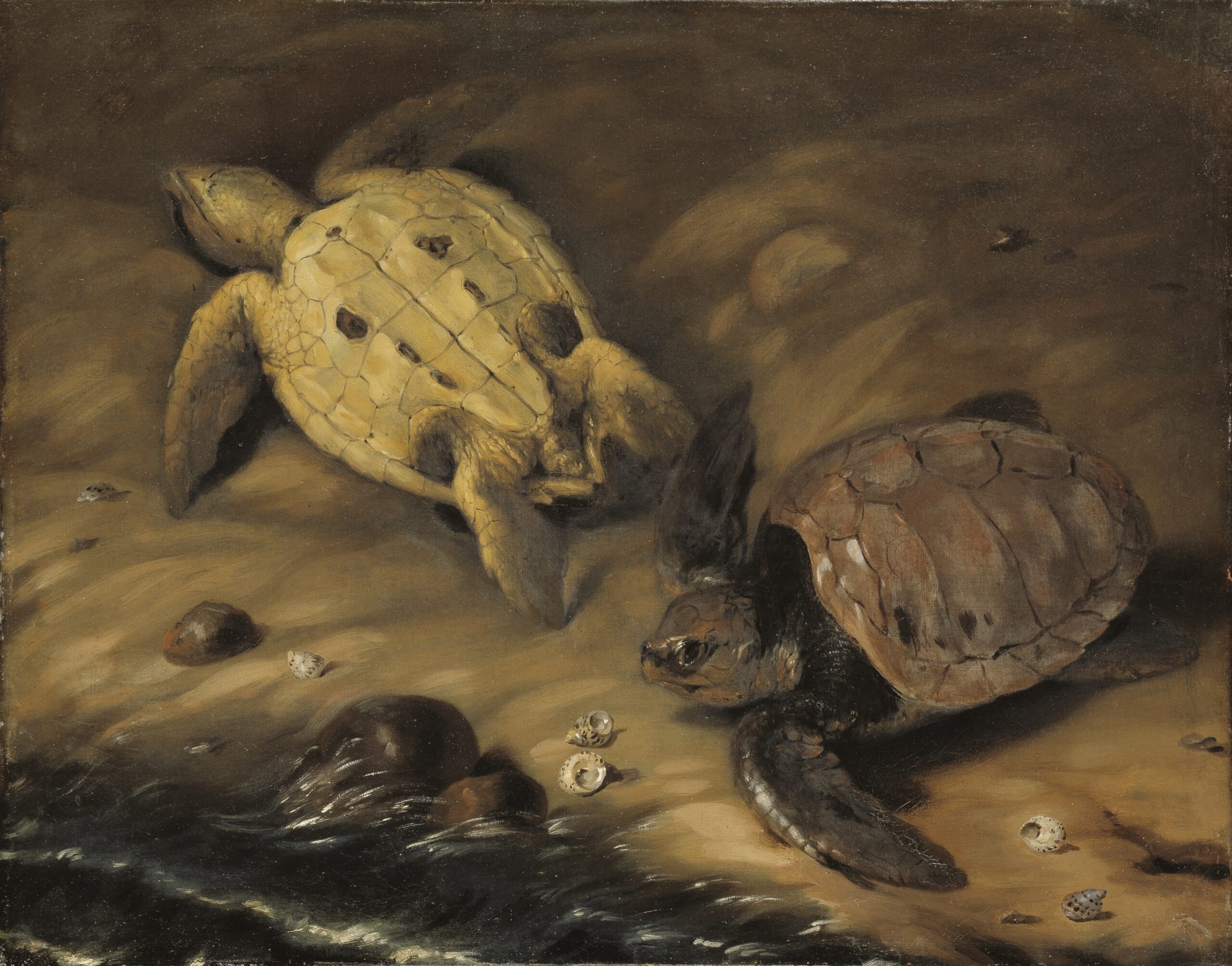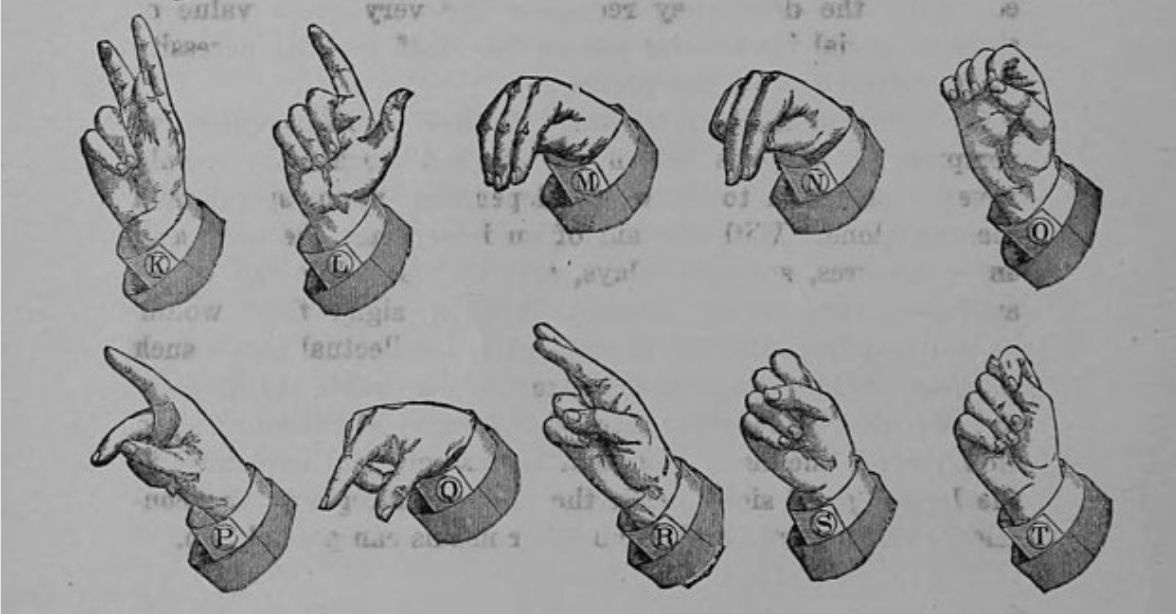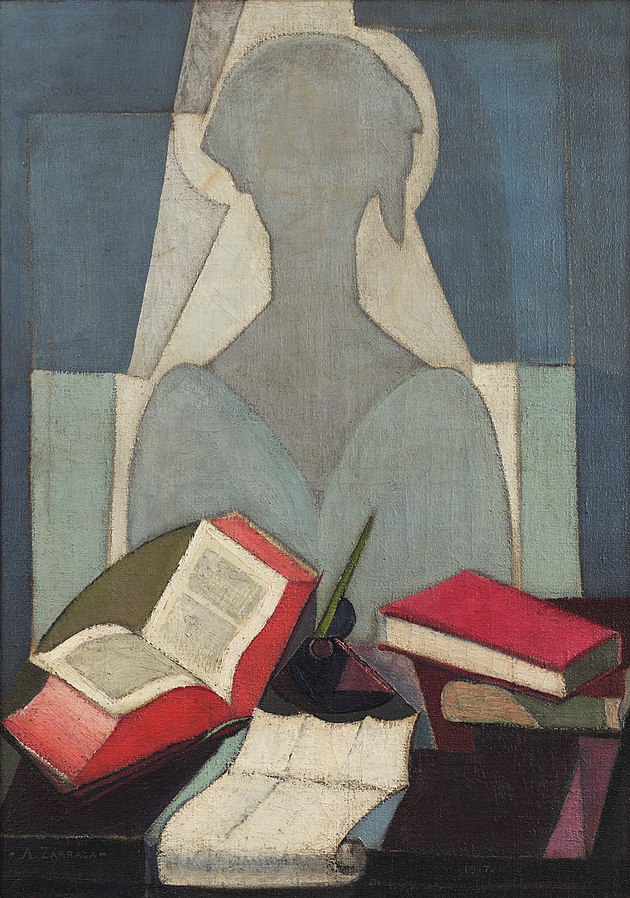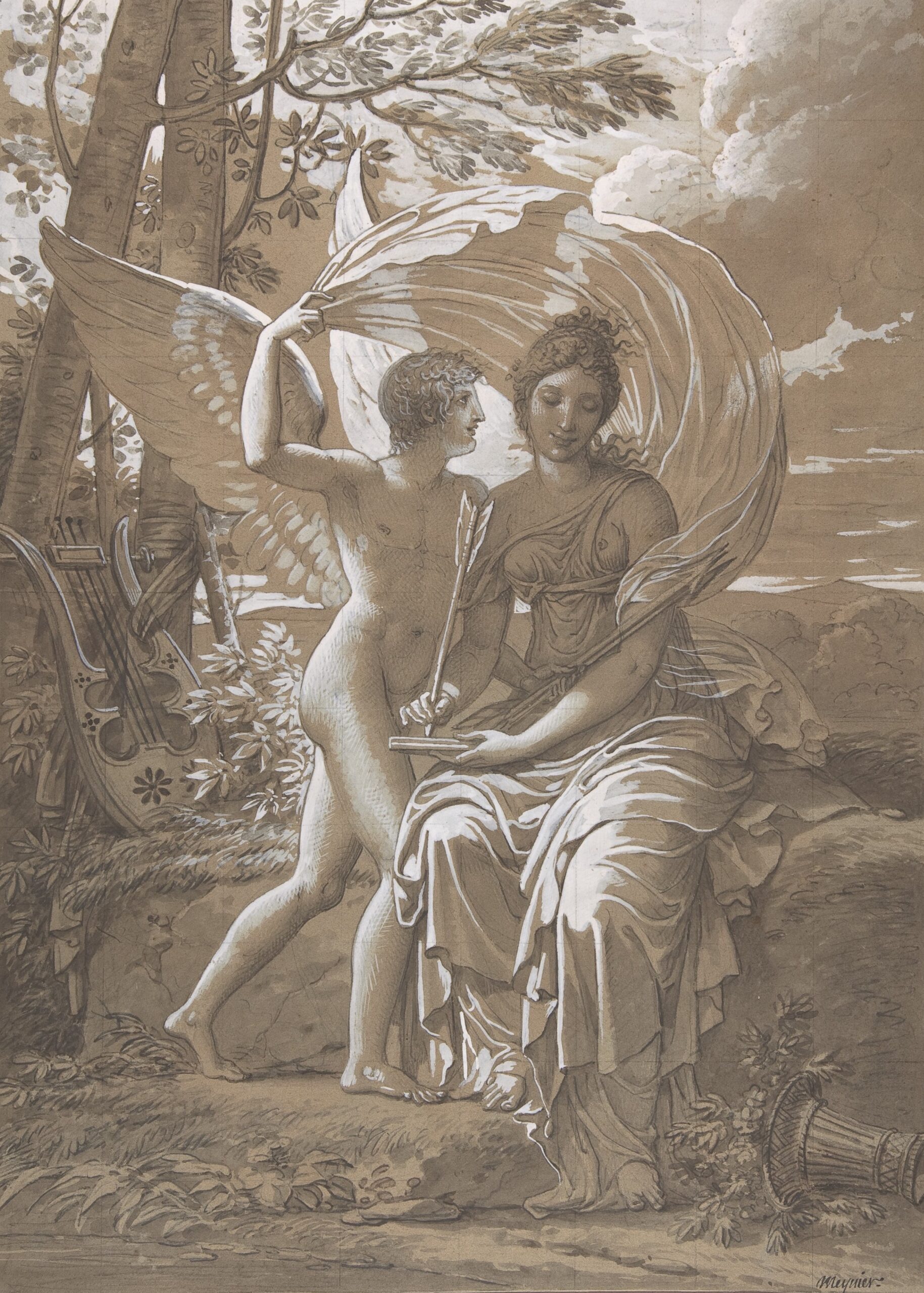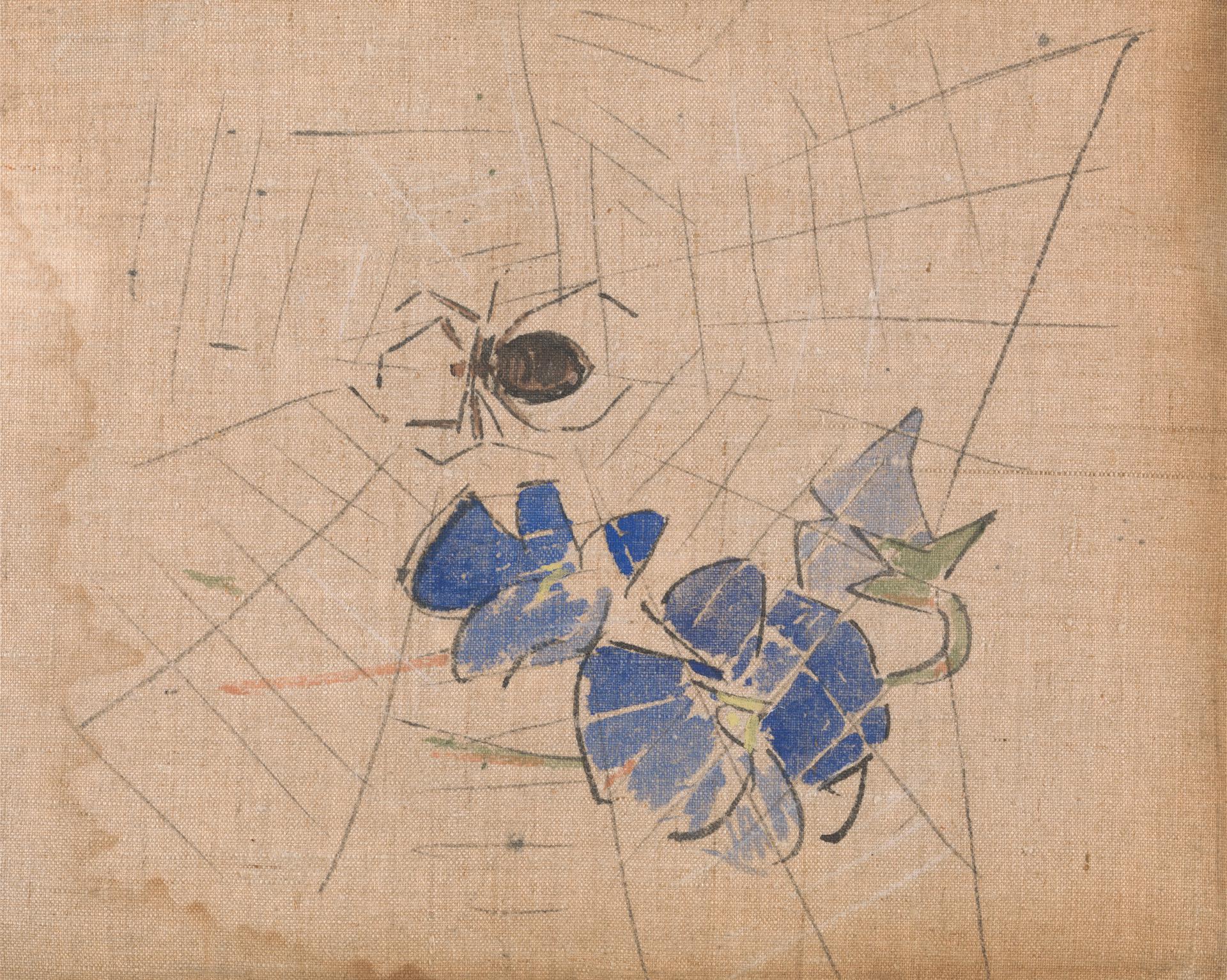 Lewis Hyde is a poet and professor of creative writing, one of the parties trying to intervene in the Google Books settlement on behalf of public domain, the author of a great New York Times essay on said settlement, and the subject of a recent Times Magazine profile. As that profile points out, he’s still best known as the author of The Gift: Creativity and the Artist in the Modern World. If books had a Criterion Collection, The Gift would be one of the first releases.
Lewis Hyde is a poet and professor of creative writing, one of the parties trying to intervene in the Google Books settlement on behalf of public domain, the author of a great New York Times essay on said settlement, and the subject of a recent Times Magazine profile. As that profile points out, he’s still best known as the author of The Gift: Creativity and the Artist in the Modern World. If books had a Criterion Collection, The Gift would be one of the first releases.
Since 1983, when The Gift came out, Hyde has stayed busy, writing a second book, Trickster Makes This World, and various longer essays, the most recent of which is “Frames from the Framers: How America’s Revolutionaries Imagined Intellectual Property.” Starting with George Lakoff’s idea that conservatives “frame” issues better than liberals, Hyde explains how “the entertainment industry has also been very good at framing its issues.” The entertainment industry asserts that downloading an MP3 is the same thing as shoplifting shoes, and anyone who disagrees has to do so in and through their terms.
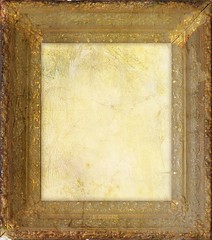 In the rest of his essay, Hyde tries to describe an alternative: “the democracy frame” imagined by Jefferson, Madison, and Adams. Hyde begins at the beginning, tracing the previous “frames” for art and creativity—they’re gifts from the gods, a God, a muse, and on down the line. But Hyde really gets going in the early modern period, when people started talking about intellectual property through “land” metaphors like the “commonwealth,” the “estate,” and “monopoly.” Eventually, Hyde works in ideas like civic republicanism vs. commercial republicanism, feudal titles vs. allodial titles, and legal privileges vs. natural rights. It all ties in to the creative commons—it really does—and you should read the whole thing.
In the rest of his essay, Hyde tries to describe an alternative: “the democracy frame” imagined by Jefferson, Madison, and Adams. Hyde begins at the beginning, tracing the previous “frames” for art and creativity—they’re gifts from the gods, a God, a muse, and on down the line. But Hyde really gets going in the early modern period, when people started talking about intellectual property through “land” metaphors like the “commonwealth,” the “estate,” and “monopoly.” Eventually, Hyde works in ideas like civic republicanism vs. commercial republicanism, feudal titles vs. allodial titles, and legal privileges vs. natural rights. It all ties in to the creative commons—it really does—and you should read the whole thing.
Why? Because Hyde believes this history matters today. “The intellectual property clause of the Constitution is, after all, embedded in the Constitution itself [Article 1, Section 8], and the Constitution established a republican democracy on American soil. That is the outer boundary of this inquiry, the foundational frame within which our discussions of cultural creations should be held.” “Where monopoly privileges were granted,” Hyde says, honing in on the creation of American copyright, “they were means toward larger ends”—and toward the largest ends, really, since the Founders framed this in terms, not of private property and theft, but of active citizenship and public life.
Hyde ends his essay with a few pages on “how the framers might have approached . . . ‘stealing music on-line'” (and note his scare quotes around that last phrase, as a liberal might do with “the ‘death tax'”). He begins with the observation that “[children’s] learning takes place in the thickets and streams of electronic media. What form should the old model of personal autonomy and civic action take for those who come of age watching 40 hours of TV a week?” Here, you might worry that Hyde is about to go highbrow on us. In fact, he does the exact opposite, citing the culture jam-band Negativland, quoting at length from its website, and, just in general, treating current forms of expression with the same seriousness as he did the Founders’. “If the symbolic universe that contains us now derives largely from the media barrage, then shouldn’t its symbols at least be held in common? Shouldn’t a community’s speech belong to the community?” Or, to get back to the kids: “In a mass media consumer culture, the young are taught a language that is not theirs to own.”
It’s probably worth pointing out that Hyde doesn’t oppose copyright. Instead, he opposes the unwarranted extension or appropriation of copyright, whether by Disney or Google or The Author Herself. “If the monopoly privileges that we’ve granted to ‘content providers’ stand in the way of such citizenship,” Hyde writes at the end of his essay, “then the privileges should be called into question.” Hyde spends a lot of time talking about John Adams’s “Dissertation on the Canon and Feudal Law,” which Adams published anonymously as a young man, before HBO’s John Adams even picks up, and I get the feeling that the essay’s inconspicuous beginnings are one of the main things Hyde likes about it. “If we are trying to answer the question ‘How did the founders imagine intellectual property?’ then Exhibit A ought to be the way in which they themselves treated their ideas. In this case, ideas were released directly to the public domain, published in a manner that clearly subordinated self-interest to the common weal.”
Hyde’s point is that Adams’s ideas still got out there, still stirred up debate, still made a difference. But I think there’s something more to consider—especially in the steaming cultural soup that Hyde describes when talking about MP3s. A culture that lifts up “the private individual” does so not only through copyright, but also through promotion, advertisement, an agent, a brand. Those things might not directly contribute to an ideal republic, but they can prove crucial to helping an idea get noticed.
And “Frames from the Framers” may be the perfect example of this. Hyde’s is the kind of essay you could see running in Harper’s or Raritan or maybe the American Scholar—and the kind of essay you should see getting widely discussed. Since December 13, 2005, when Hyde published it on the Social Science Research Network under a Creative Commons license, “Frames from the Framers” has been downloaded only 746 times. As best I can tell, it never received much attention online, earning only seven Google hits in the past year. It doesn’t even rank among the Social Science Research Network’s top 10,000 papers! (This year’s most popular? “A Quantitative Approach to Tactical Asset Allocation.”)
All this to say that, while the Founders’ ideas still hold relevance, they do so in a much different media landscape, and these differences should play a part in any discussion. “Frames from the Framers” is part of Hyde’s book-in-progress, so its ideas will get their due soon enough. Still, it says some timely things in richly historical ways. Hyde’s essay deserves attention now—not least because its own reception offers one more thing to consider in our ongoing debate about individuals, intellectual property, and the circulation of ideas.
[Image source: Renee]





